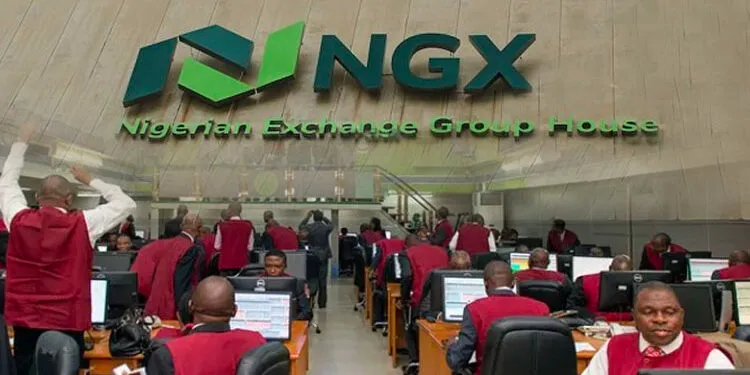The Nigerian Electricity Regulatory Commission has stated that just 53% of the country’s available electricity capacity is being used.
According to The Guardian, this was announced on Wednesday by the Vice Chairman and Commissioner of Market, Competition, and Rates at NERC, Musiliu O. Oseni.
Oseni made the announcement during his address to attendees at the NERC’s Stakeholder Workshop on the Constitutional Amendment and Electricity Act 2023, which will be held on July 12-13, 2023.
He said, “Only 53% of Nigeria’s available (electricity) capacity is used because of problems with gas supply, transmission and distribution issues, and commercial difficulties.”
He also claimed that states have significant decisions to make when it comes to supporting the electrical sector as they must establish a collaborative attitude, concentrate on load growth, prioritize quality improvements, prioritize customer satisfaction and work towards improving liquidity.
Additionally, the Chairman/Chief Executive Officer of NERC, Eng. Sanusi Garba, has stated that the new Energy Act has the potential to completely change the energy supply industry.
The Electricity Act 2023 was signed into law by President Bola Ahmed Tinubu in June and while former President Muhammadu Buhari signed a bill to remove electricity from the exclusive list, the Electricity Act 2023 will offer a framework to direct the Nigerian Electricity Supply Industry’s post-privatization phase and promote private sector investments.
According to the law, electricity-generating enterprises must either produce or purchase power from renewable energy sources, or purchase any equipment that represents the development of renewable energy.
It allows for the production, transmission, and distribution of electricity by states, businesses, and individuals, fostering empowerment in the energy sector.
According to the legislation, anybody may build, own, or run an undertaking for the purpose of generating electricity with a maximum capacity of o1MW in aggregate or as the NERC may from time to time determine, without a license.
The National Electricity Regulatory Commission is mandated to oversee the sector in Nigeria, but it also instructs them to delegate regulatory responsibilities to the states that have ratified the bill and set up their own regulatory commissions.
Through their various committees on power in the Senate and House of Representatives, lawmakers are given the authority to exercise oversight responsibilities and control over the NESI.










